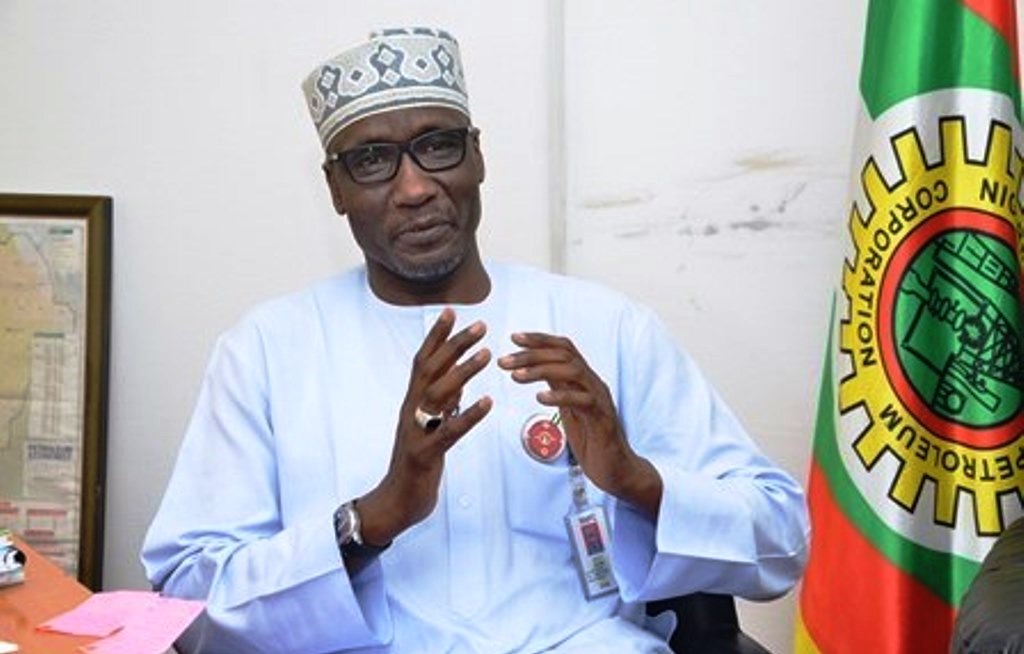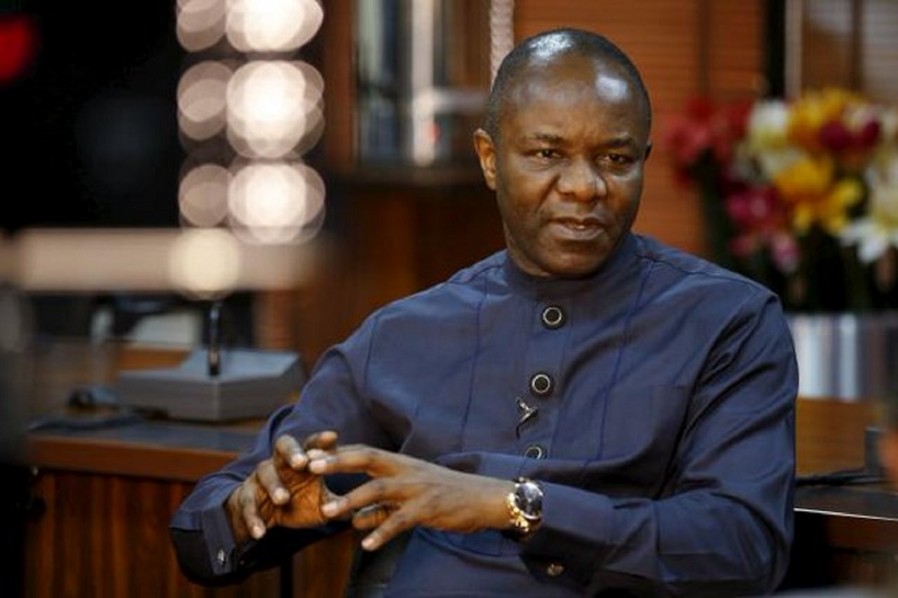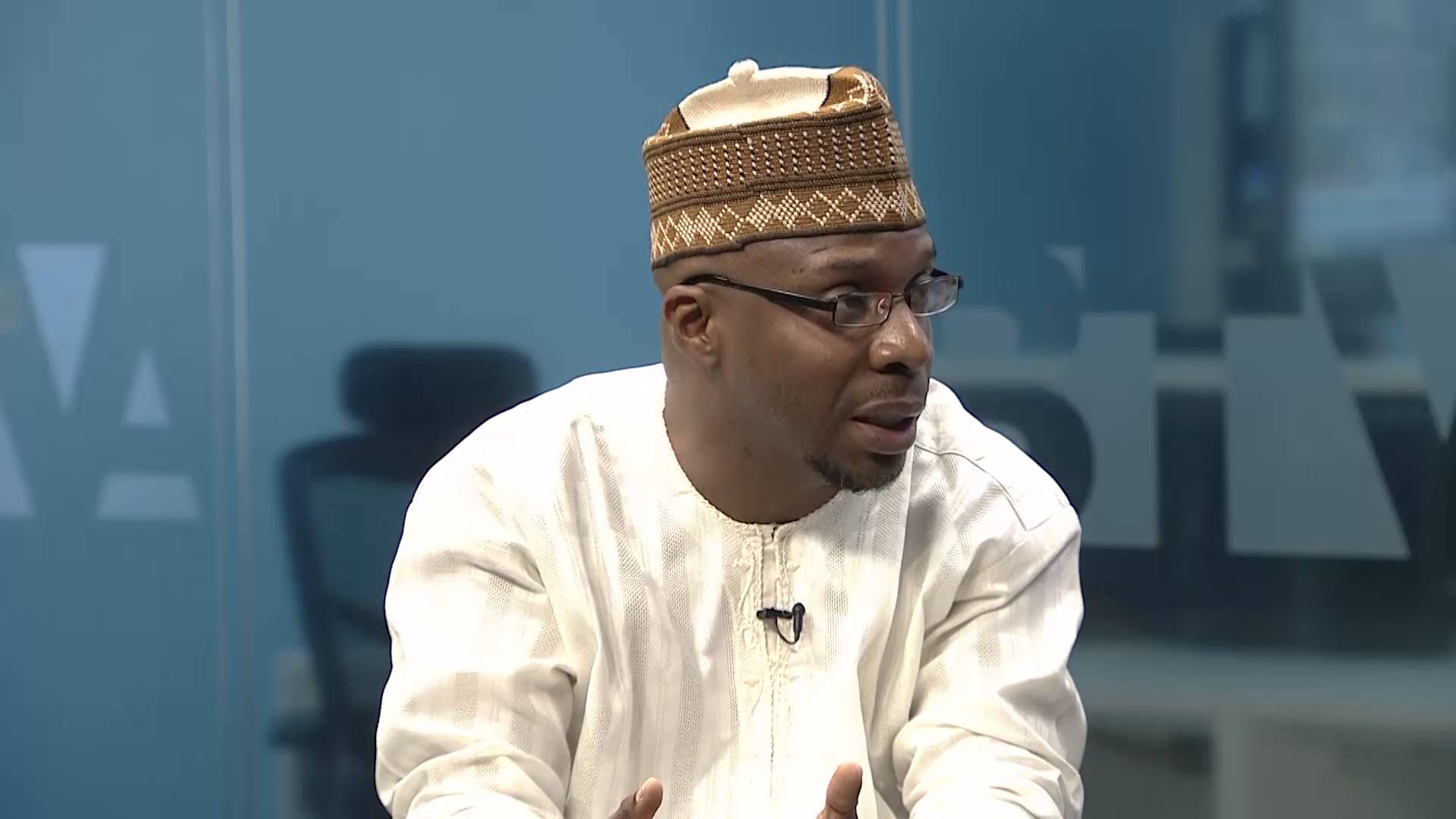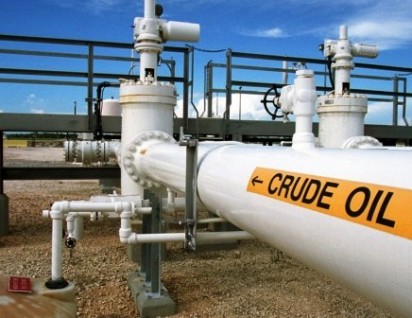President Muhammadu Buhari on Monday during a joint press conference with President Donald Trump in Washington has said the advancement of the United States in terms of technology is frightening to mono-economies.
TheNewsGuru reports President Buhari who was on a 3-day working visit to the US said the threat is majorly for nations, especially those in Africa that overly depend on crude oil to drive their economies.
The President of the largest democracy in Africa, being the first African leader to visit President Trump in the White House, also harped on the need for the US to patronize Nigeria’s crude oil in the stead of Shell’s.
“The progress made by the United States in technology is certainly frightening for us that are mono-economy. I hope technology will allow them use our crude for its quality, for petrochemicals, being light one, vis-à-vis what they are getting from Shell,” he said.
In his reaction, President Trump stressed the need to take down certain trade barriers between the United States and Nigeria, while also revealing that the US is working to expand trade and commercial ties with African nations, including Nigeria.
“The United States is currently working to expand trade and commercial ties with African nations, including Nigeria; to create jobs and wealth in all our countries. We hope to be the economic partner of choice for nations across the continent and around the world.
“Nigeria is a valued partner and a great friend. The United States is committed to working alongside Nigeria as we seek a future of strength, property, and peace for both of our countries,” he said.
TheNewsGuru reports Trump went further to say that he is pleased with Nigeria as one of the US largest trade partners in Africa.
He said his country is looking further to growing the trade relationships with Nigeria based on the principle of fairness and reciprocity.
The US President revealed that his country gave Nigeria over $1 billion in aid every year; “And we have already started talking with the President about taking down the trade barriers”.
“Very substantial barriers to the United States trading with Nigeria. So, we think that we are owed that,” he added.
The US President, who acknowledged steps President Buhari has taken in the fight against corruption in Nigeria, the largest democracy in Africa, said it will be easier for the US to invest in Nigeria if the barriers were taken down.
“President Buhari has also taken steps to fight corruption and improve the Nigerian business climate and most of all and to me helping rip down the trade barriers.
“It will make it easier for the United States and companies to invest, and we will be investing substantially in Nigeria if they can create that level playing field that we have to very much ask for and maybe demand,” he said.
When asked what the US government is doing to repatriate stolen and illicit funds back to Nigeria to fund critical infrastructure, Trump said “We have also discussed all of those topics at length over the last period of time”.
He added that “In terms of corruption, Nigeria has a reputation as you understand very well for very massive corruption. I also know the President has been able to cut that down very substantially.
“We talked about it. He is working on it and they have made a lot of progress and I think they will continue to make a lot of progress.
“We have a lot of people in this country, and frankly speaking the country itself, that invest in Nigeria.
“So, cutting down on that element and a corrupt element is very important to us. And the President will be able to do that”.
The US President stressed that more than anything else he discussed with President Buhari was US agricultural products coming into Nigeria, which he said Nigeria wants but that there have certain barriers that do not allow that to happen.
“So for the good of our farmers, US farmers and for the good of Nigeria, and all of Africa, it is very important that we are able to sell our great agricultural products into Nigeria.
“That will happen and we are going to be working on that right away,” he said.




